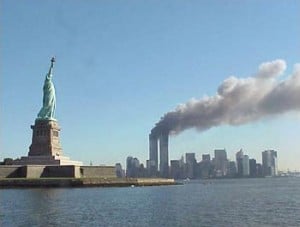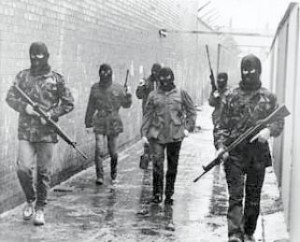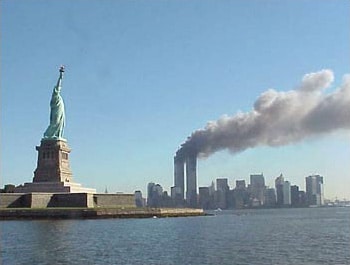
That is true history, not the history proposed by twenty somethings just out of university.
As a lad I was able to talk to my Grandad, he told me about the First World War. Not from history books, but from the sights and sounds he witnessed. The trenches in which he was soaking wet and cold all the time, the sounds of German machine guns and the different names given to shells as they passed overhead. Whizbangs was a clear understanding of how a shell passed by and then exploded.
The Irish were not passive bystanders in this war. My Grandad said he never felt frightened when the Royal Irish Rangers were on their right flank, and the Diggers on their left flank were the bravest fighters he had seen in battle.
I lived through the Second World War, and again the streets of London were filled with soldiers from the colonies. This time it was Northern Ireland as well and the Republic of Ireland who sent their heroes to help save the world. As always, backed up by the fearsome Diggers.
History gives us information on the battles and the combatants, and who the leaders were, but only those who were there can tell how it feels.
Bombs and rockets fell for nearly six years. I can still remember the tastes and smells and the sounds of explosions. When a house disintegrates, it’s the coal dust that clogs your lungs. Every house in those days had coal fires, no Central heating. The sirens became so constant as to be mostly ignored.
I was amazed at the Japanese who demanded their people commit Hari Kari, or fly kamikaze attacks. Using the people to be weapons and die for their beliefs…the first suicide bombers?
The Germans killed millions of Jews, but it was the strength and desire of the allies to win that defeated the Germans. The Jews had learned from the allies to fight to win.
When the war ended the Jews set up the state of Israel. How, if you believe USA history in films such as Exodus, by faith and hope. In fact it was by bombing and hanging the very people who fought to defeat Germany. The Jews now used terrorism to form a new state. Who would learn from them?
In Africa and in Asia, terrorism would be used to attempt to gain power. But
From Catholic and Protestants to Jews and Muslims…even Irish against Irish to Sunni against Shiite.
What have we learned from history?
More Irish people lived in the UK than lived in Ireland. They provided money and believed in the cause, but weren’t killers or bombers.
In Australia today live large numbers of Muslims and they believe in the cause, but not in the violence.
Well, the USA decided they could fight terrorism after the New York 9/11 attack by attacking Iraq and Afghanistan. Imagine if the UK had destroyed Israel, or had bombed Dublin. Would they have defeated terrorism?
History is what we live through…what we ourselves see and remember.
Forget the books written by authors who are biased by the country where they born and the teachings of supposed intellectuals.
Feel the grass, smell the air, listen to the sounds of today.
Killing only leads to more killing…communication especially from those who have been there, is a much better option.
Why is age wasted on the wise?
Happiness is being alive and to…wind up the Poms, of course.
by TOG


